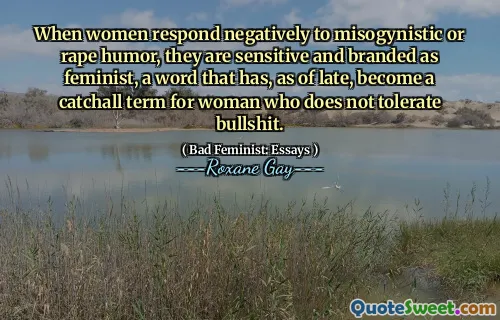Trayvon Martin is neither the first nor the last young black man who will be murdered because of the color of his skin. If there is such a thing as justice for a young man whose life was taken too soon, I hope justice comes from all of us learning from what happened. I hope we can rise to the occasion of greatness, where greatness is nothing more than trying to overcome our lesser selves by seeing a young man like Trayvon Martin for what he is: a young man, a boy without a cape, one who couldn't even walk home from the store unharmed, let alone fly.
Roxane Gay reflects on the tragic case of Trayvon Martin, emphasizing that he represents not just one individual but a broader pattern of violence against young black men due to racial prejudice. She underscores the need for society to recognize and confront these injustices, urging collective action to prevent such tragedies from recurring. Gay calls for a shift in perspective, encouraging people to see Trayvon as a young man with dreams and potential, rather than merely a statistic in a systemic issue.
By invoking the idea of "justice," Gay suggests that true justice goes beyond court rulings; it requires a societal change in attitudes and behavior. She expresses hope that this painful event can serve as a catalyst for learning and growth, inspiring individuals to aspire to a higher moral standard. This development hinges on acknowledging the humanity of those who suffer as a result of racism, illustrating that everyone, like Trayvon, deserves the right to live free from fear and harm.






